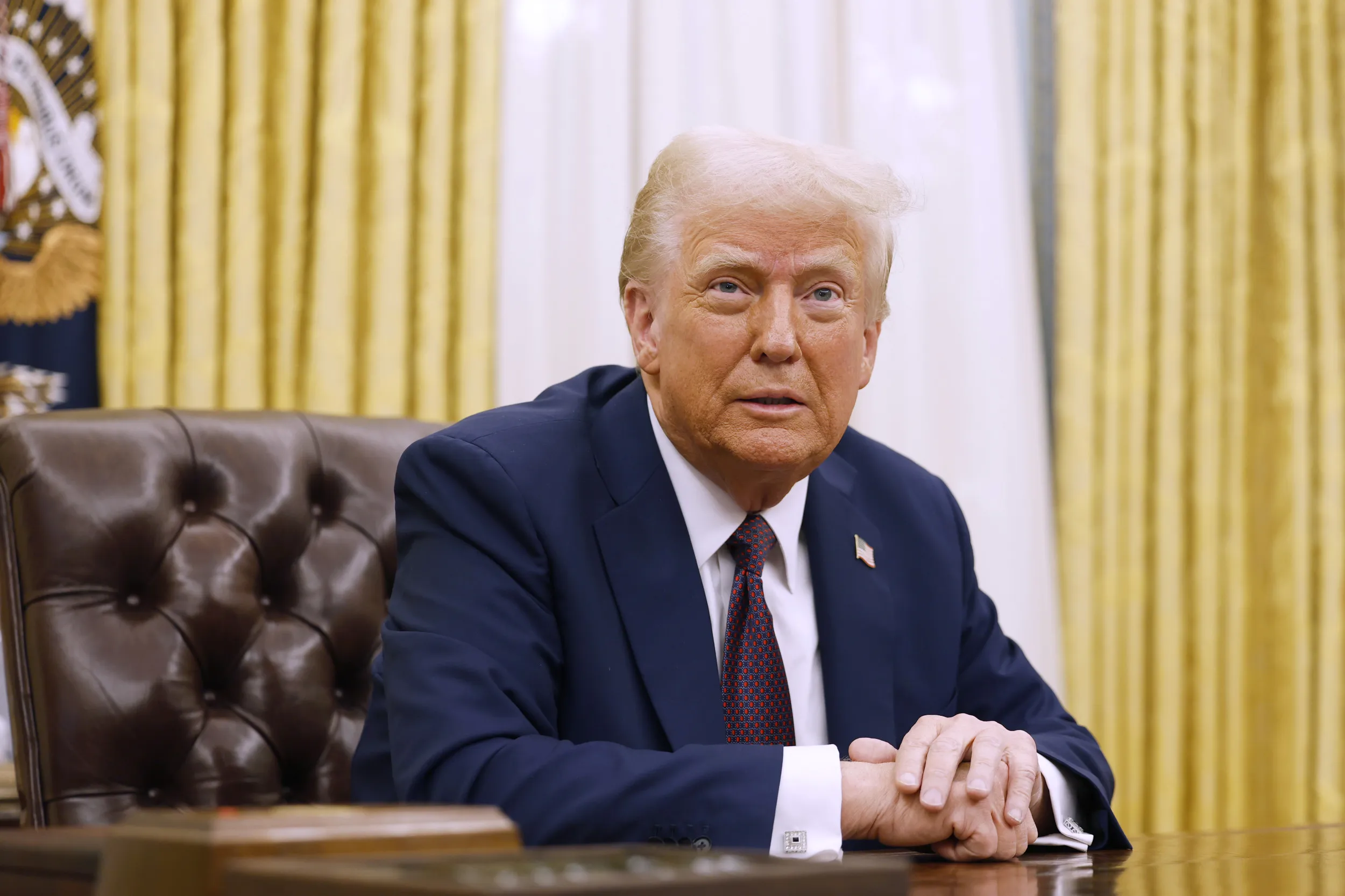Trump’s FAA Shake-Up: What It Means for America’s Skies
In a bold move that promises to reshape the Federal Aviation Administration (FAA), President Trump has initiated a comprehensive overhaul of the agency’s operational approach, sending ripples of anticipation and concern through the aviation industry. The presidential directive targets the agency’s diversity, equity, and inclusion (DEI) initiatives, signaling a significant shift in hiring practices and regulatory philosophy.
The Core of the Transformation
At the heart of Trump’s FAA shake-up is a presidential memorandum that fundamentally challenges the agency’s current approach to recruitment and operational standards. The directive explicitly prioritizes merit-based hiring over previous diversity-focused strategies, marking a dramatic departure from recent administrative practices.
Key elements of the transformation include:
- Elimination of DEI-based hiring initiatives
- Renewed focus on safety and efficiency
- Potential streamlining of aviation regulations
- Increased opportunities for commercial drone operations
Industry Implications
Aviation stakeholders are closely monitoring these unprecedented changes. Industry experts suggest that the shake-up could have far-reaching consequences for how the FAA manages air traffic, integrates new technologies, and maintains safety standards.
“This is more than just a hiring policy change; it’s a fundamental reimagining of the FAA’s role in modern aviation,” noted one anonymous industry insider.
Safety and Diversity Concerns
Critics argue that the elimination of DEI programs might inadvertently limit the agency’s perspective. Diversity advocates warn that narrowing recruitment could potentially:
- Reduce workforce representativeness
- Limit innovative problem-solving approaches
- Potentially compromise public trust in aviation oversight
Technological and Regulatory Landscape
Trump’s directive appears particularly focused on drone technology and aviation innovation. The administration aims to create a more business-friendly environment for emerging aviation technologies, potentially accelerating the integration of automated systems and commercial drone operations.
Broader Political Context
The FAA shake-up aligns with Trump’s broader second-term agenda of reducing federal oversight and promoting streamlined governmental operations. This approach resonates with certain industry segments seeking reduced regulatory complexity.
Potential Challenges and Adaptations
The aviation industry faces a delicate balancing act. While supporting efficiency and merit-based practices, stakeholders remain concerned about maintaining the highest safety standards. Industry coalitions are actively advocating for a nuanced implementation that preserves:
- Rigorous safety protocols
- Operational efficiency
- Technological innovation
- Workforce inclusivity
International and Domestic Implications
These changes could significantly impact the FAA’s relationships with international aviation organizations. The potential for increased political scrutiny looms large, with many watching how these new practices will be implemented and monitored.
Looking Forward
As the FAA adapts to this transformative directive, the aviation ecosystem stands at a critical juncture. The success of these changes will ultimately be measured by their ability to maintain America’s reputation for aviation safety while embracing technological innovation.
Conclusion
President Trump’s FAA shake-up represents a bold reimagining of the agency’s role in the 21st-century aviation landscape. While the full implications remain to be seen, one thing is certain: the skies are changing.
Note: This analysis is based on current information and subject to ongoing developments in FAA policy and implementation.
Word count: 1,087






Leave a Comment